In what will likely be framed as a show of strength in the face of sanctions and geopolitical ostracization over the war in Ukraine, Russia is hosting the 16th annual BRICS summit in Kazan between Tuesday and Thursday.
In mid-October, Russian President Vladimir Putin said that this year's event would examine the "parameters of interaction in the emerging multipolar world" and the possibility of building "a new world order."
The event, taking place amid heightened concerns about the threats posed by Russia, China, and Iran to the U.S. and its allies, will likely serve as a platform for these nations to assert their ongoing defiance of American global dominance and find alternative pathways for world affairs.
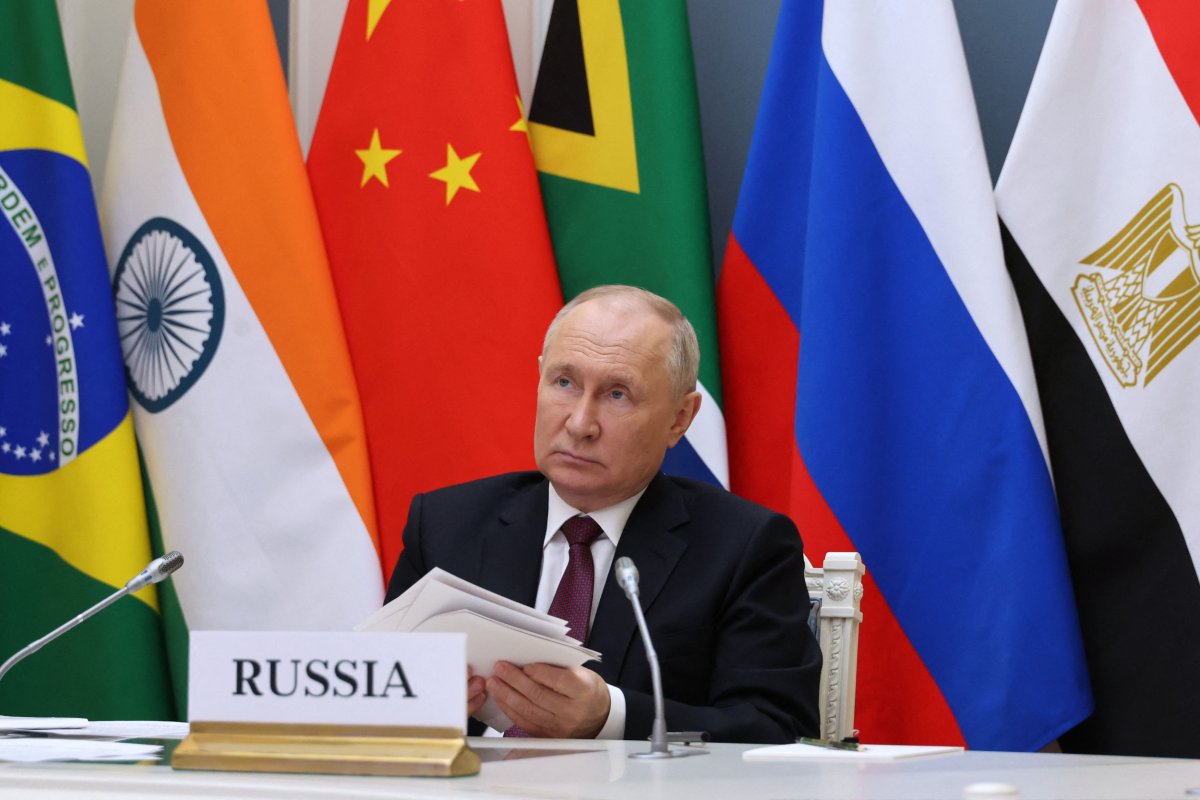
What Is the BRICS Economic Alliance?
The BRICS alliance was established to unite the world's leading developing nations to challenge the political and economic dominance of wealthier countries in North America and Western Europe.
Since its inception at the sidelines of a 2006 United Nations assembly, the group has framed itself as a rejoinder to America's global economic hegemony.
Primarily focused on fostering economic cooperation between its member states, the alliance aims to promote trade, mutual investment and economic growth. It has established institutions like the New Development Bank and Contingent Reserve Arrangement to finance such projects and to protect their economies against global financial pressures.
At the 2023 summit in Johannesburg, the alliance also posited the creation of a new common currency to rival the U.S. dollar.
Through pooling the collective economic and political strength of its members, the group seeks to strengthen their respective positions in global affairs and advocate for reform in Western-dominated institutions such as the International Monetary Fund (IMF) and the World Bank to better reflect the interests of emerging economies.
According to Callum Fraser, a research fellow at the Royal United Services Institute, the U.K.-based think tank, BRICS was the "unavoidable result of leaving some of the largest developing economies out of the UN security council and G7."
"The states within BRICS are not monolithic, but they share a priority for development," Fraser told Newsweek. "BRICS was set up in order to try to shape the international system to suit this end."
Which Nations Are in BRICS?
The term "BRICS" comes from the initials of its four founding members: Brazil, Russia, India, China, and South Africa, which joined a year after the inaugural 2009 summit in Yekaterinburg, Russia.
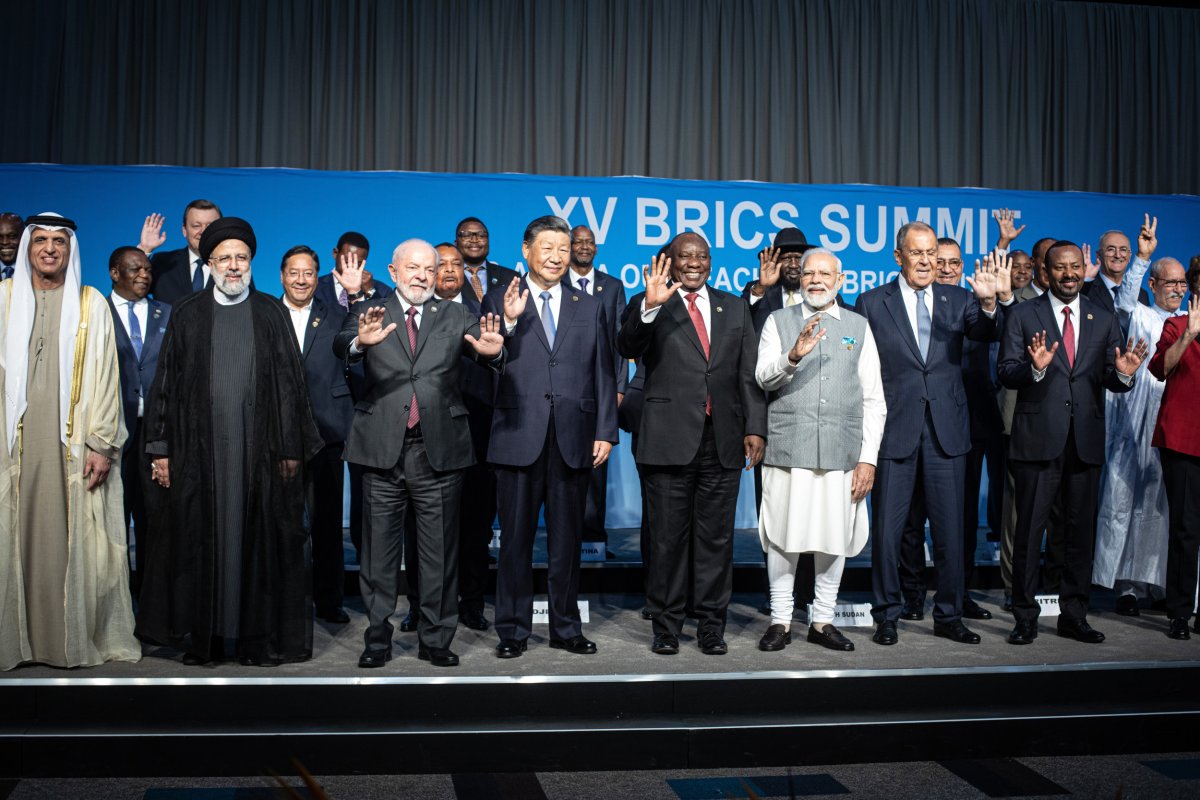
Four more countries—Egypt, Ethiopia, Iran and the U.A.E.—joined the BRICS alliance in January 2024. Fraser said that while this expansion did little to increase its overall economic might, which relies largely on China, it was "indicative of a collective movement away from the West, a demonstration of a fundamental shift within the world order that is seeking to challenge Western economic hegemony."
Several countries have applied for BRICS membership, with dozens more expressing an interest in joining the alliance.
How Powerful Is the BRICS Alliance?
The joint economies of BRICS member states have comprised an increasingly large share of the world's economic power since the alliance's first summit, now accounting for around one-third of global gross domestic product (GDP).
However, whether it can truly position itself as an alternative to the current global financial system remains in doubt.
Given that the main trading partner for its two largest economies—China and India—is the U.S., and the fact that trade relations with America remain vital for almost all of its members, this limits the alliance's ability to fully decouple from the West.
Who Will Be at the 2024 BRICS Summit?
Aside from Brazilian President Luiz Inacio Lula da Silva, who withdrew due to a head injury, the BRICS heads of state are all expected to attend the summit in Kazan.
Despite not yet being a member, Turkey's Recep Tayyip Erdogan will also be in attendance.
Yuri Ushakov, foreign policy aide to Putin, stated that 36 countries have confirmed their participation, with over 20 planning to send their heads of state, the Associated Press reported.
What Will Be Discussed at the BRICS Summit?
The 2024 summit coincides with the annual meetings of the IMF and World Bank, the two Bretton-Woods institutions that BRICS positions itself as an alternative to.
"Due to the nature of its appearance and the presence of Russia, Iran, and China, there will unavoidably be discussion of distancing the organization from reliance on Western economic systems," Fraser told Newsweek.
"There will be talks on reducing its reliance on the dollar and the potential introduction of an alternative financial transaction system," he said. "We can expect grand talks on reforming the international system, but we will have to wait for the event to conclude to see if anything tangible will be agreed upon."
Russia will also likely use its chairing of the event as a platform to demonstrate its continued strength in the face of Western sanctions and political ostracization following the full-scale invasion of Ukraine.
Do you have a story we should be covering? Do you have any questions about this article? Contact LiveNews@newsweek.com.
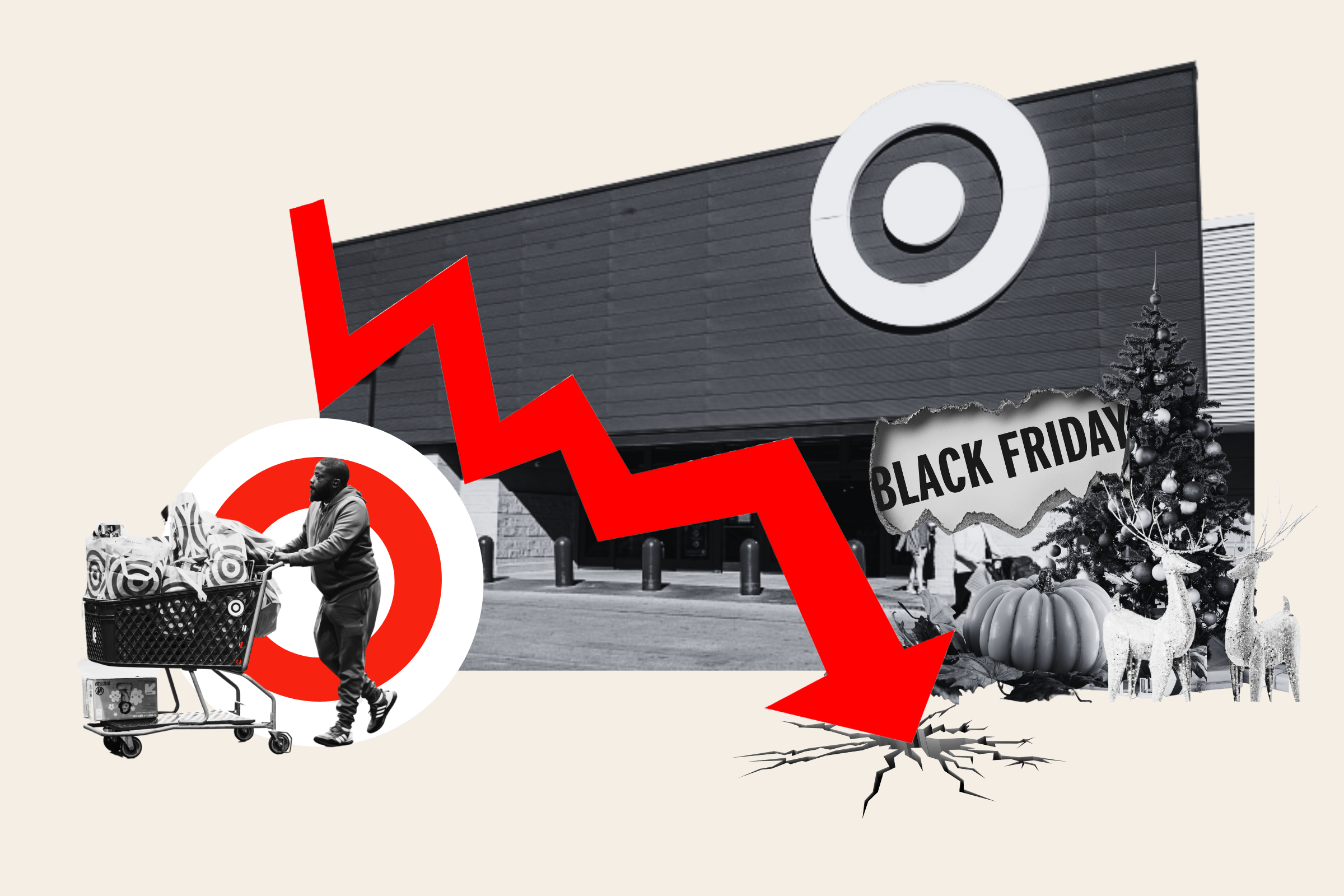
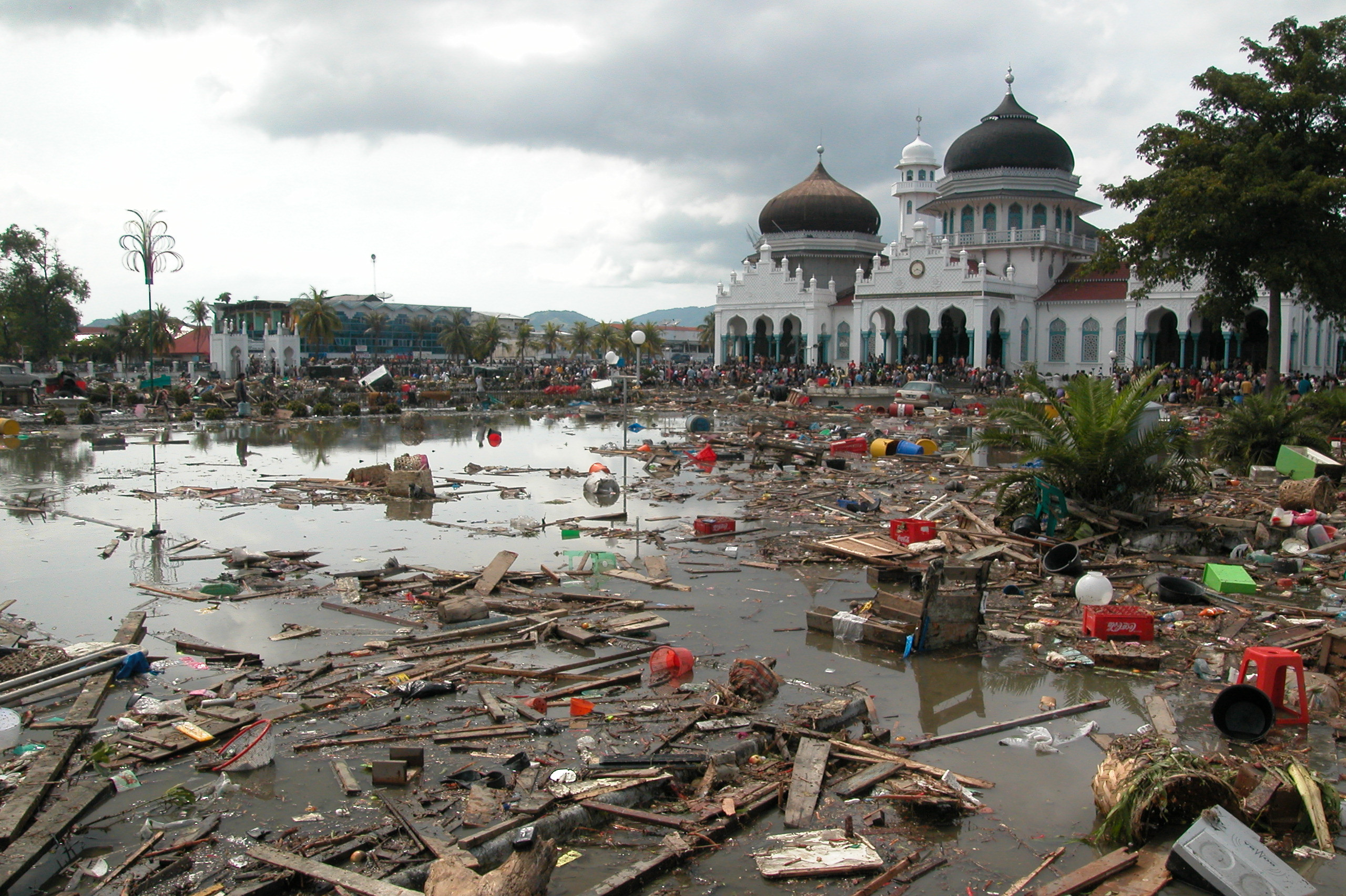








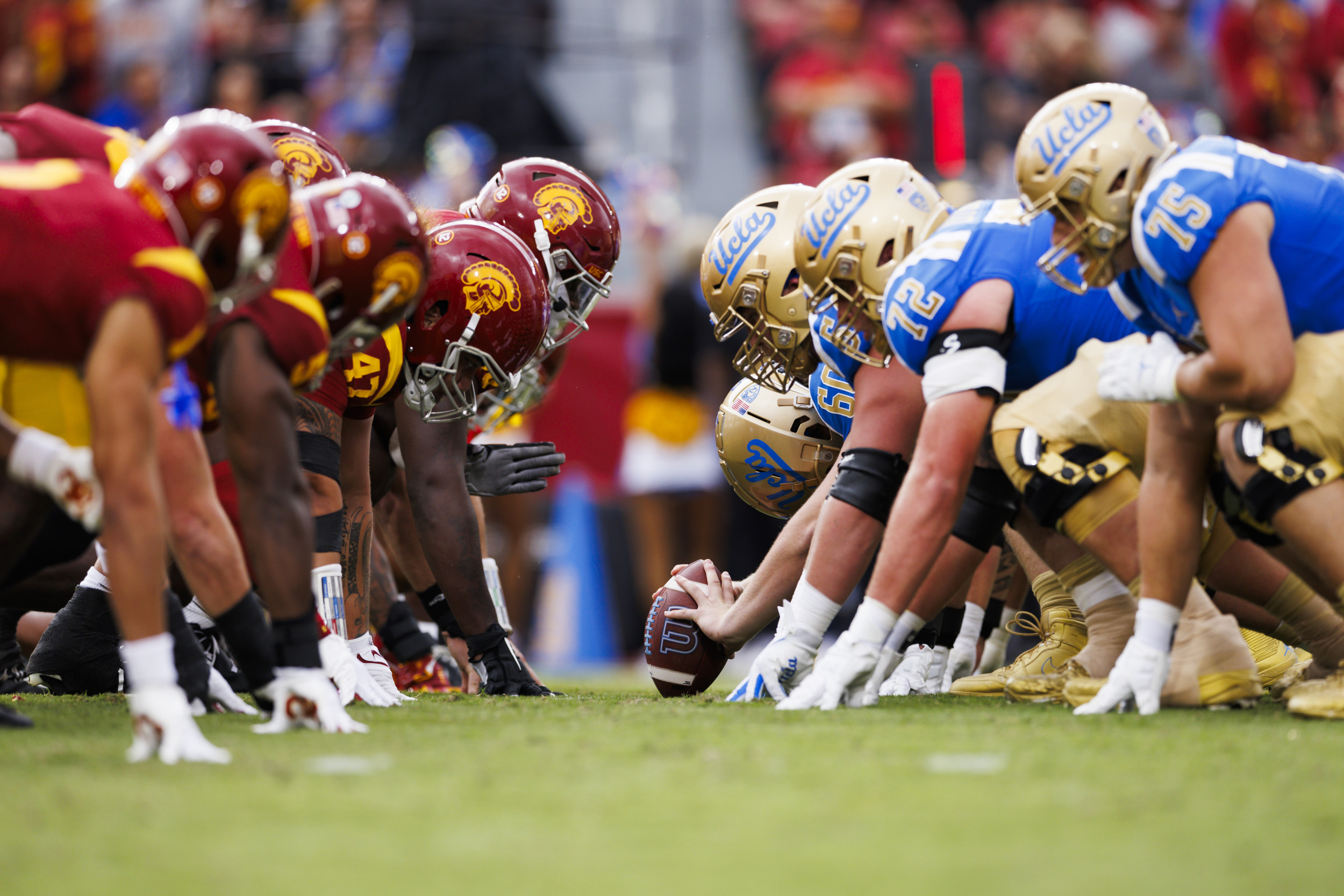
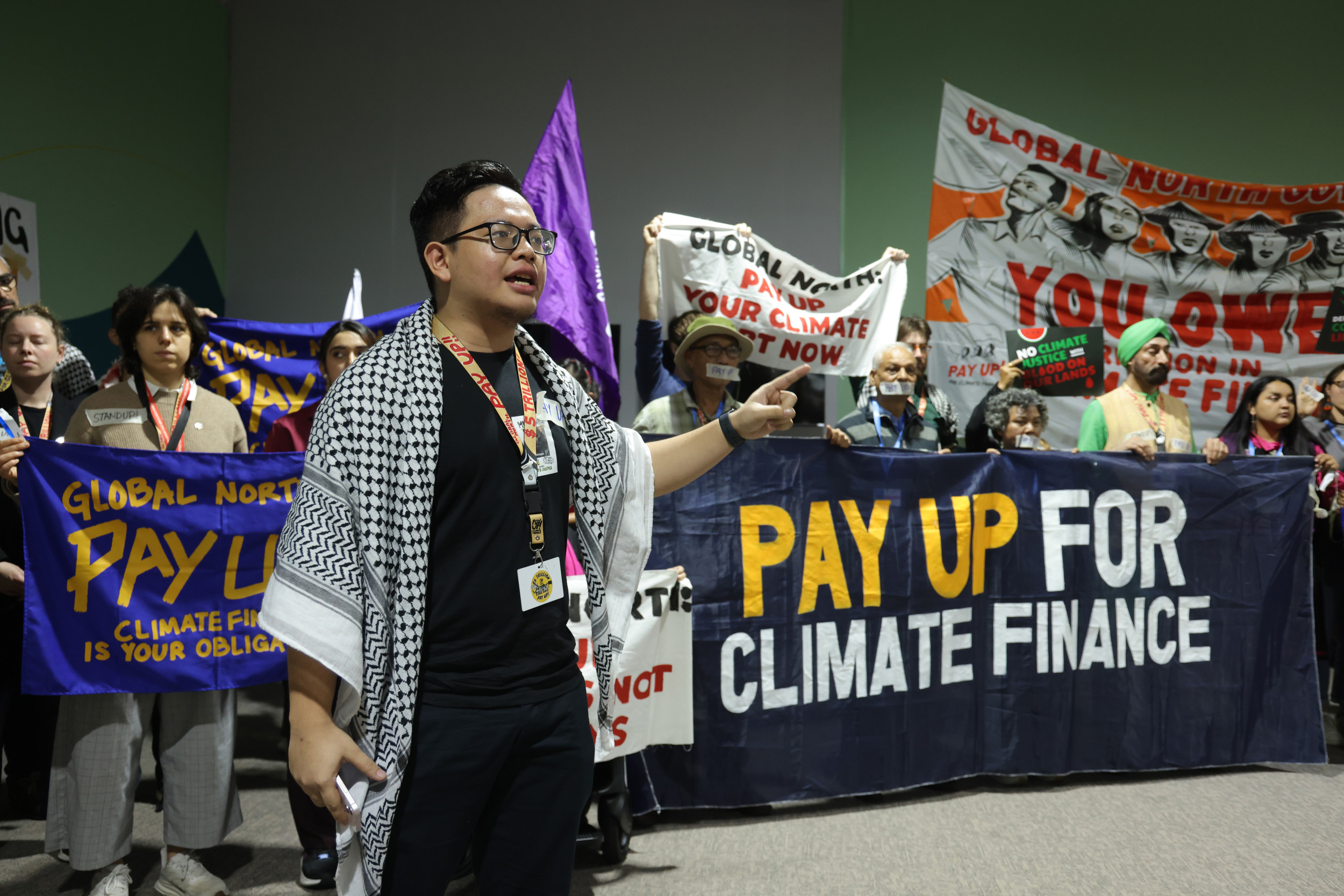






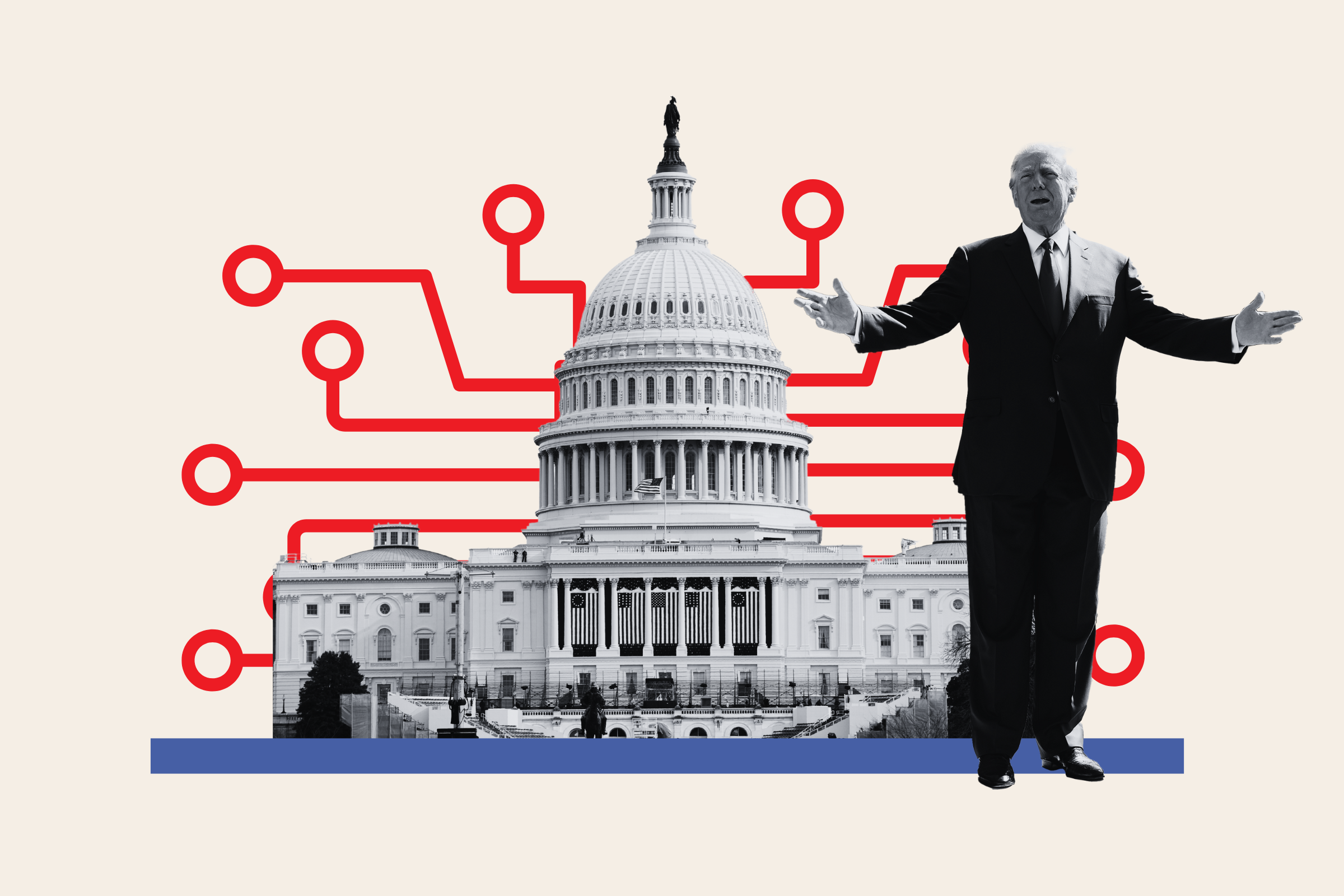

 English (US) ·
English (US) ·